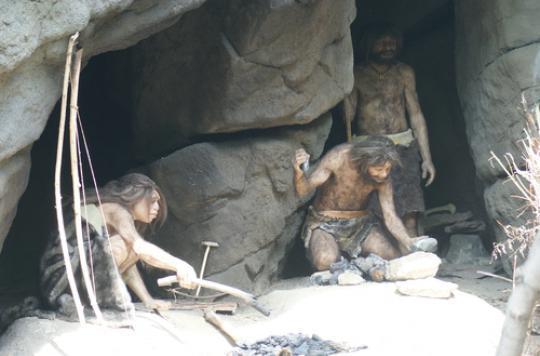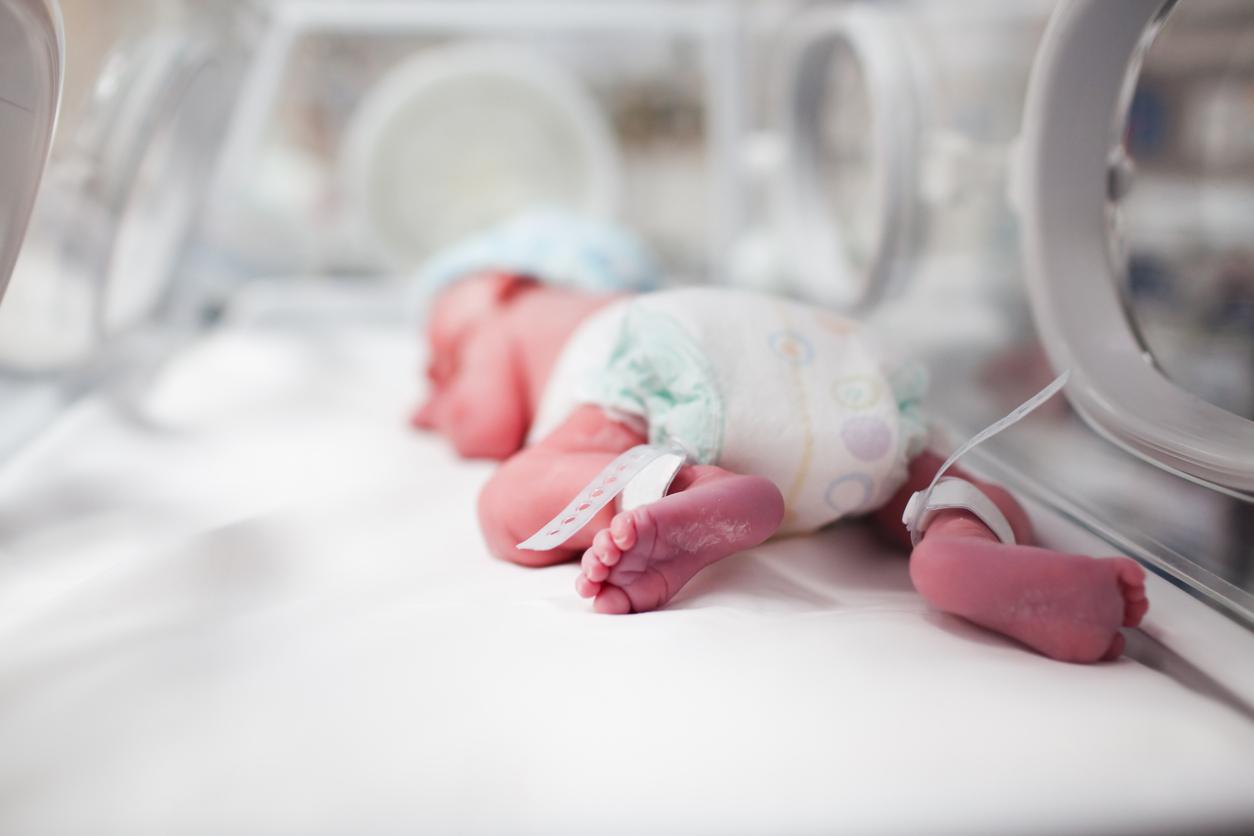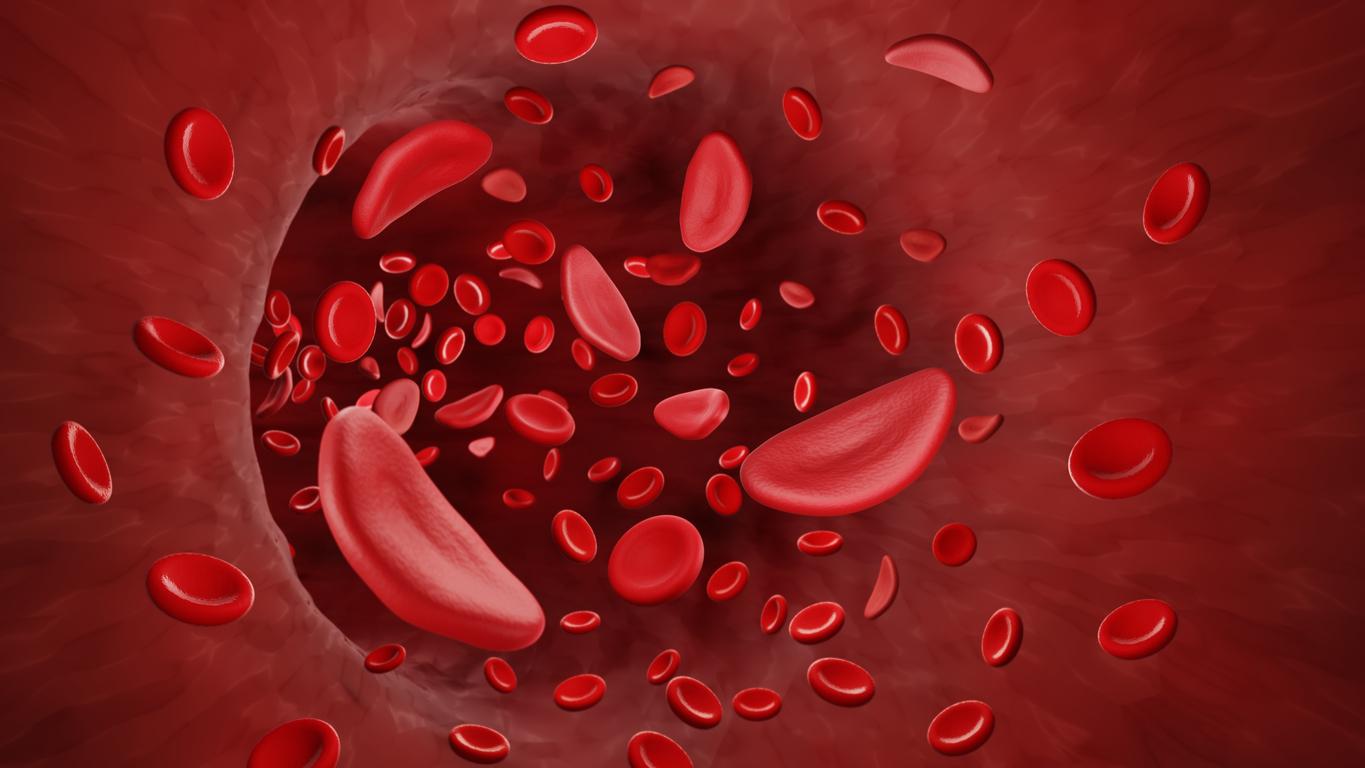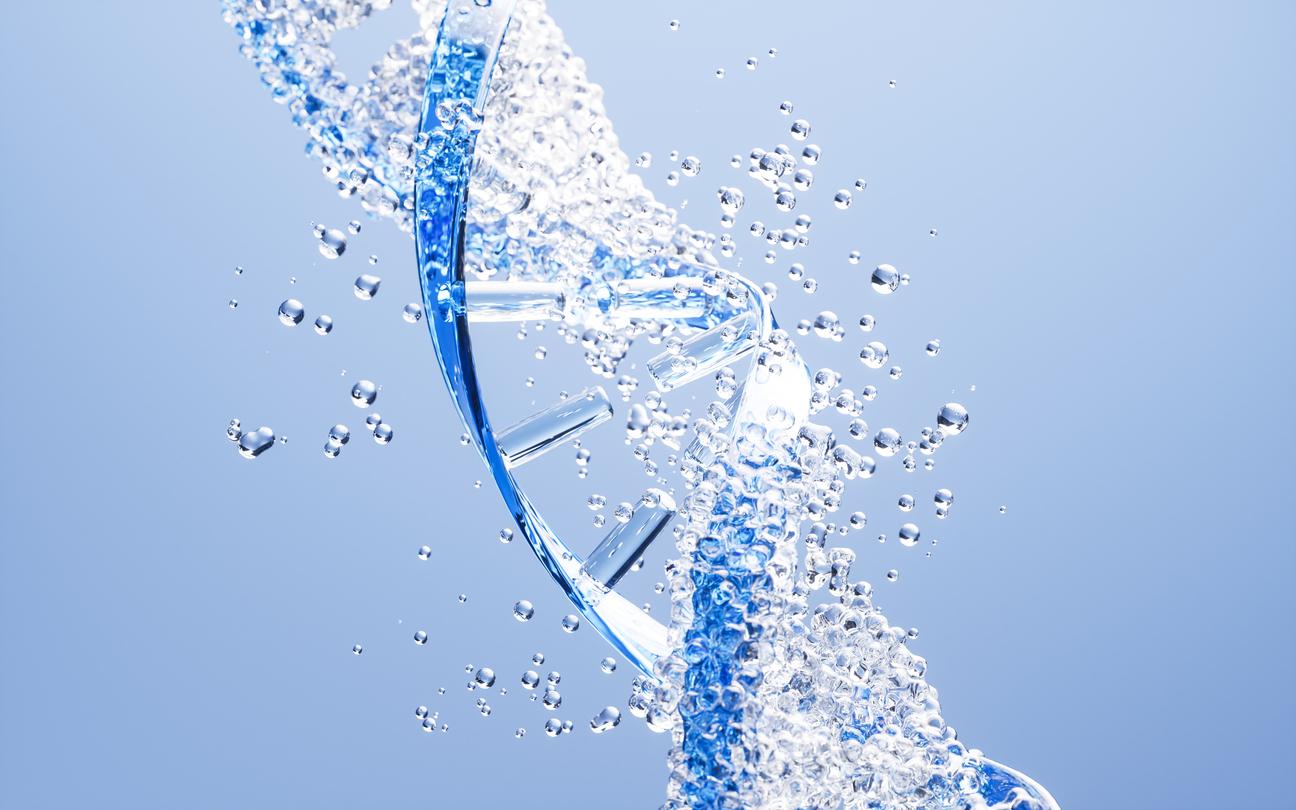Modern man has cleaned up his genome. The genetic variants inherited from Neanderthals were expelled. They promoted too many health complications.

Neanderthals are often described as an extinct hominid species. For some modern men, he is more than that: he is a distant ancestor. In Europe, 4% of our genome comes from it. The rest has been gradually filtered out by natural selection, explains the University of California (United States). Because Neanderthal DNA was weak, shows a study published in PLOS Genetics.
It is a little-known part of the history of our species. And yet, archaic men and Neanderthals reproduced more than 47,000 years ago. Of the hybrids that have appeared, only a few traces remain. But regularly, science explains modern diseases by this alien ancestry. Allergies, for example, would come from certain Neanderthal alleles. A very cumbersome heritage, as the people who suffer from it will testify.
A large-scale household
In reality, modern man is doing quite well. Natural selection has gradually purged our DNA of all deleterious variation. Alleles that had adverse health effects were abandoned in favor of stronger variants.
How was such an evolution possible? The authors of this study thank demographics.
By the time the two species met, the human population was larger than that of hominids. The brewing therefore did not allow this “sorting” when the Neanderthals were between them. “Our results correspond to a scenario in which the Neanderthal genome has accumulated many deleterious and weak variants, because the selection was inefficient,” explains Ivan Juric. The larger human population cleaned up more quickly. It was impossible for a weakening variation to persist in such a large population.
A complex cocktail
This work also confirms why people from East Asia had more Neanderthal variants than Caucasians. But some alleles are still chasing us, and would even explain the increase in certain pathologies. This is the case with the gene that regulates blood clotting. The inherited Neanderthal allele gives thick blood. A useful feature for healing quickly. But in today’s society, it penalizes more than it helps: it increases the risk of stroke or pulmonary embolism.
Other variations would have done better to persist. If he had lived to this day, our cousin probably would never have developed Alzheimer’s disease. The cocktail is therefore complex and stimulates the imagination. “I find the idea fascinating that if Neanderthals had reached a more developed demography in Europe, if modern humans had developed more slowly, some of us would carry more Neanderthal ancestry in our genome,” Ivan enthuses enthusiastically. Juric. This area will remain, for better or worse, the domain of science fiction.
Watch the program L’Invité Santé by Pourquoidocteur
with Dr Marie-Antoinette de Lumley (CNRS)
broadcast on 07/13/2016:
.

















